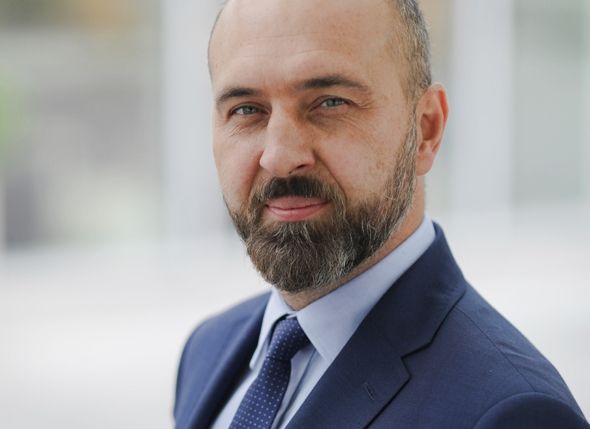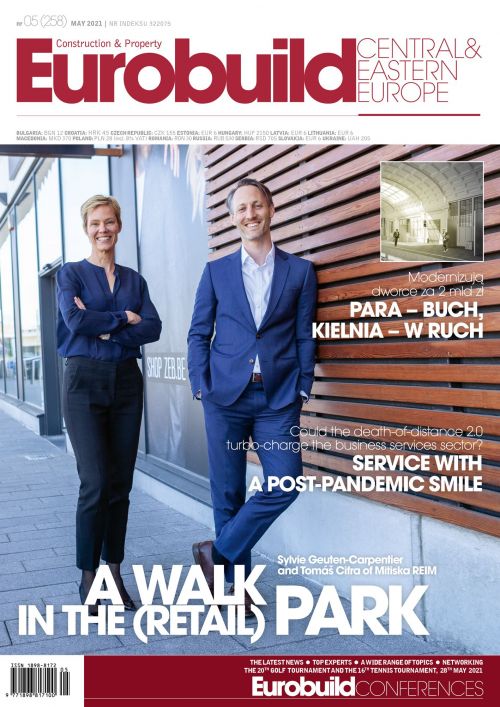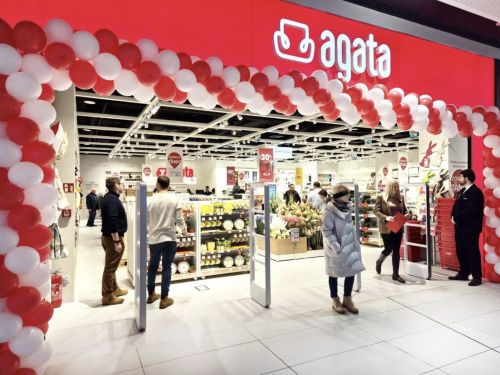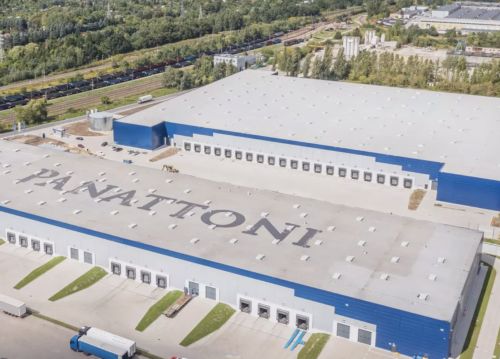Firstly, it’s important to take on board that the success of Polish real estate is down to the people involved in it. It’s because of them that the market has been growing so well over the last three decades. This is not because of the beauty of our country and not the landscapes, nor is it the temperate climate, the natural resources, the amber or the coal. It’s not even the storks or the grain. None of these are among the reasons why Western investment has been attracted to Poland, thanks to which we are now blessed with a young and robustly developing real estate market. The fact that towers are being raised around the Rondo Daszyńskiego roundabout in Warsaw and that, again and again, we hear of other huge investments, such as a recent one for a car battery factory, and that the country’s regional cities are booming. This all results from our one unique resource (you could even say our most important resource), our people. They are educated, modest, team-spi





























































